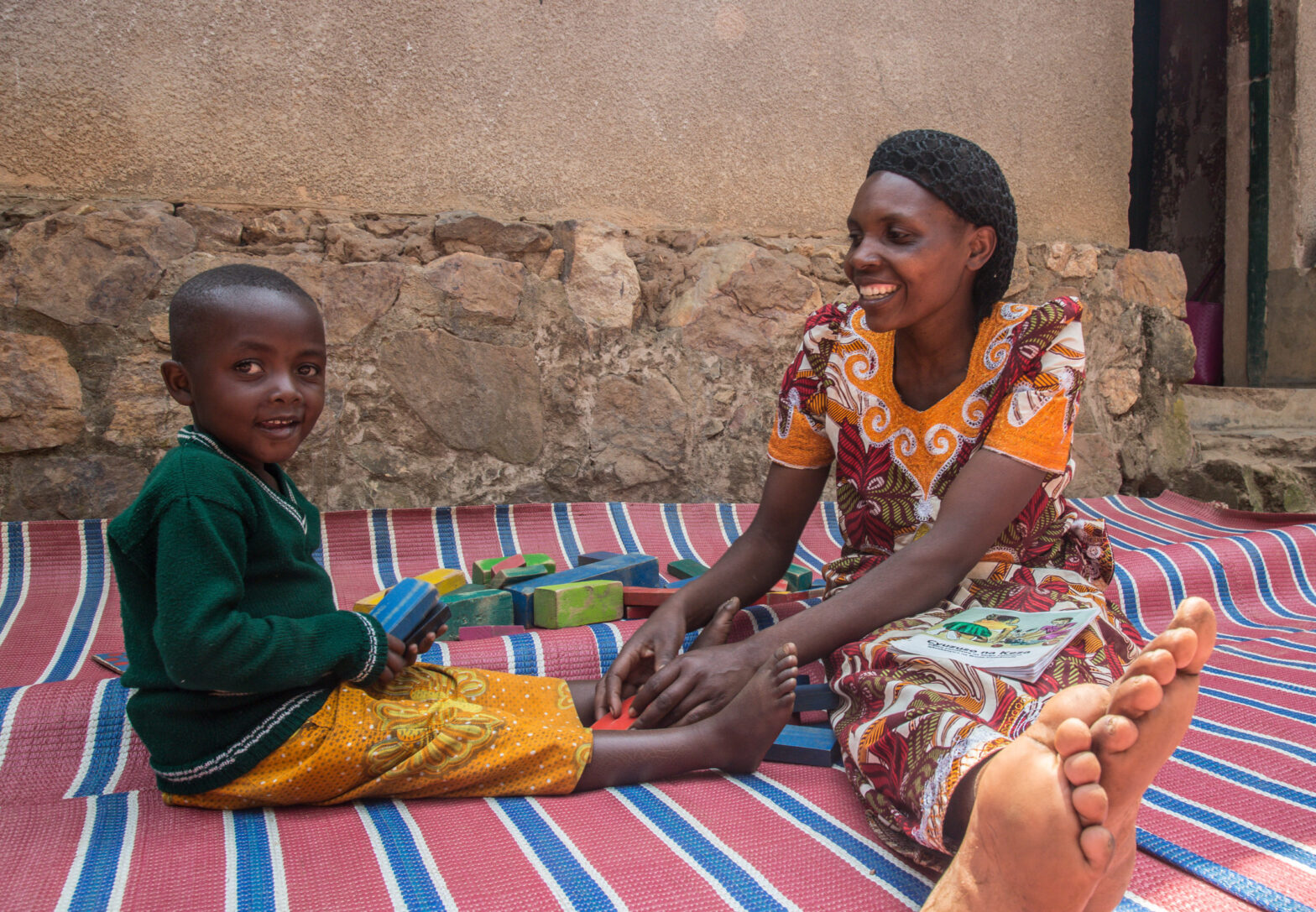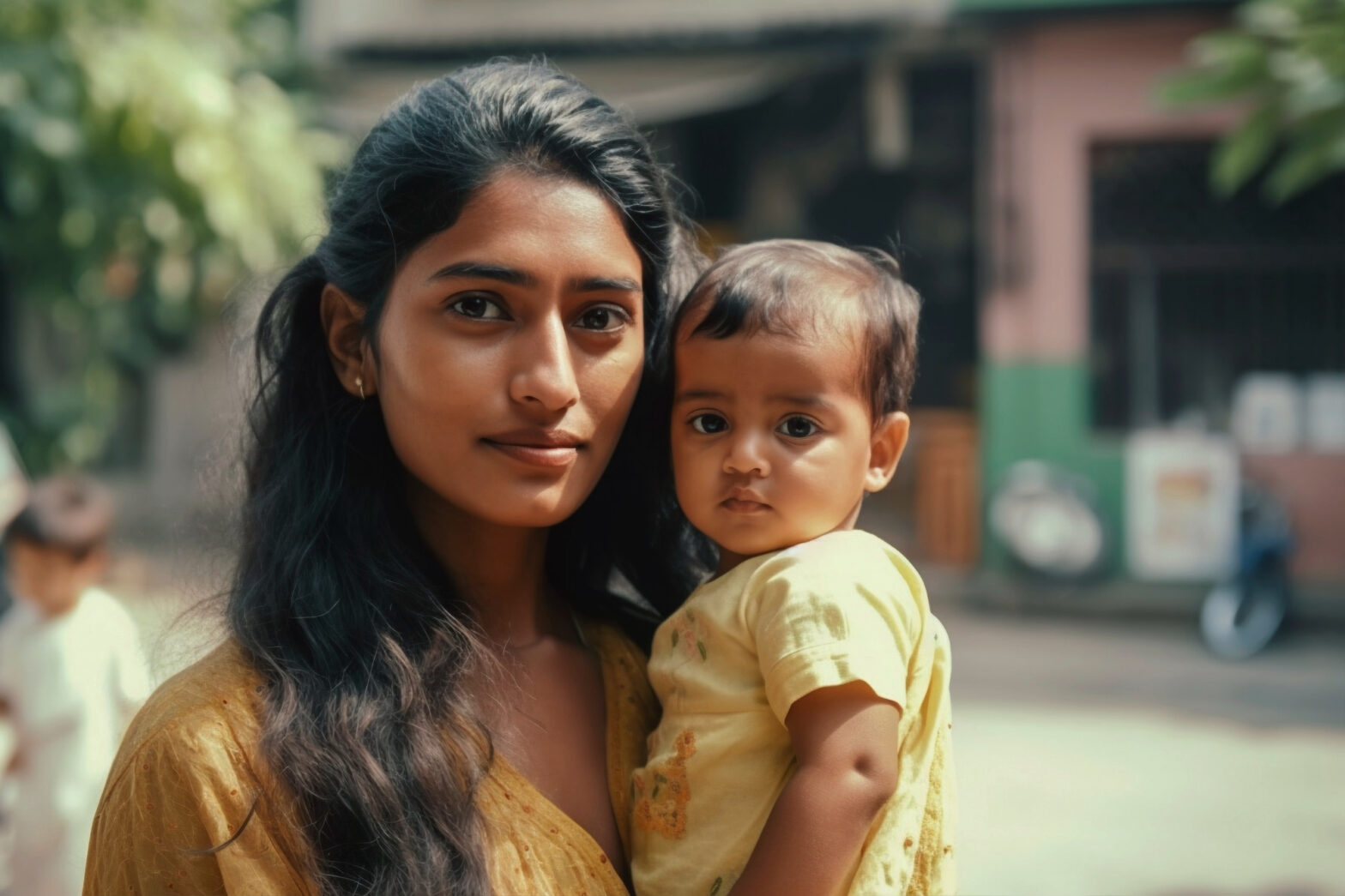FIGO’s Committee on Contraception is proud to announce a partnership with Family Planning 2030 (FP2030). Our Committee on Contraception has made a global commitment to FP2030’s mission, joining a community of organisations dedicated to advancing rights-based family planning around the world. The severe impact of the COVID-19 pandemic on family planning services has created an… Continue reading Announcing FIGO’s partnership with FP2030
Category: FP2030 in the Media
Contraception Use Soars Despite Cuts in Donor Funds
In the past year alone, women’s use of contraception in 82 low- and lower-middle-income countries has averted more than 141 million unintended pregnancies, 29 million unsafe abortions and almost 150,000 maternal deaths. This is according to the global family planning partnership, FP2030, which released its 2022 Measurement Report on Wednesday. Today, 371 million women of reproductive age… Continue reading Contraception Use Soars Despite Cuts in Donor Funds
Despite COVID-19, new report shows increase in contraceptive use
Despite the effects of the COVID-19 pandemic on national health systems and global supply chains, many people globally continue to demand and use family planning products and services. This was according to the 2022 measurement report on Family Planning (FP) released on Wednesday by FP2030, a global initiative. The report, which was first previewed in November 2022… Continue reading Despite COVID-19, new report shows increase in contraceptive use
370 million women globally using contraceptives, report shows
Three hundred and seventy-one (371) million women from low and lower-middle-income countries across the world are using new contraceptive methods, compared to 284 million a decade ago. Today, one in three women of reproductive age in low and lower-middle-income countries are now choosing to use modern contraception. Contraceptive prevalence has steadily increased in these countries,… Continue reading 370 million women globally using contraceptives, report shows
How Nigeria Can Achieve FP2030 Target
For the Federal Government to achieve the ambitious Family Planning (FP) 2030 target, it must increase its contraceptive prevalence rate; reduce its unmet needs for Family Planning and also work closely with all relevant agencies. The Coordinator, Africa Budget Network (AHBN), Dr. Aminu Magashi Garba, disclosed this while responding to questions from journalists at a… Continue reading How Nigeria Can Achieve FP2030 Target
The Government of Indonesia committed to reducing unmet need for family planning
The Government of Indonesia, supported by the United Nations Population Fund (UNFPA), Yayasan Cipta, and Global Affairs Canada, has launched Indonesia’s commitment to Family Planning 2030.
World Population Day: AHBN Tasks FG On Family Planning Targets
The Africa Health Budget Network (AHBN) has tasked the Federal government to redouble its efforts in its determination to achieve the Family Planning (FP) 2030 commitment.
Getting to what works in adolescent sexual and reproductive health: FP2030 commitments can help
Countless papers, opinion pieces, and studies begin by stating that the current generation of adolescents is the largest in human history — and growing. In 2019, there were about 1.2 billion adolescents aged 15-24, and the adolescent population is expected to peak at nearly 1.4 billion by 2065, should it maintain the present trajectory. While the challenges for a youthful country are many, there are also opportunities, provided governments and the private sector invest adequately in the education, employment, and health of young people. The next eight years represent an unprecedented opportunity to bring about the transformational change that is needed to achieve both the Sustainable Development Goals and the vision of FP2030. However, it’s unlikely these goals will be fully attained without far greater efforts to meet the health needs and preferences of young people everywhere.
Nigerian Fed Govt, Rotary pledge to reduce maternal, child mortality
The Federal Government, alongside other partners such as the Rotary Maternal and Child Health Project in Nigeria yesterday, restated its commitment to reducing the high prevalence of maternal and child deaths in the country.
Prioritizing LGBTI family planning access benefits us all
FP2030 is based on the principle that all people, no matter how they identify, should have access to a full suite of reproductive health care. Too often in the context of family planning, the LGBTI community is overlooked — sometimes maliciously and sometimes because their needs are misunderstood or ignored. But they are a key population that is at heightened risk of pregnancy, HIV acquisition, gender-based violence, and more.




